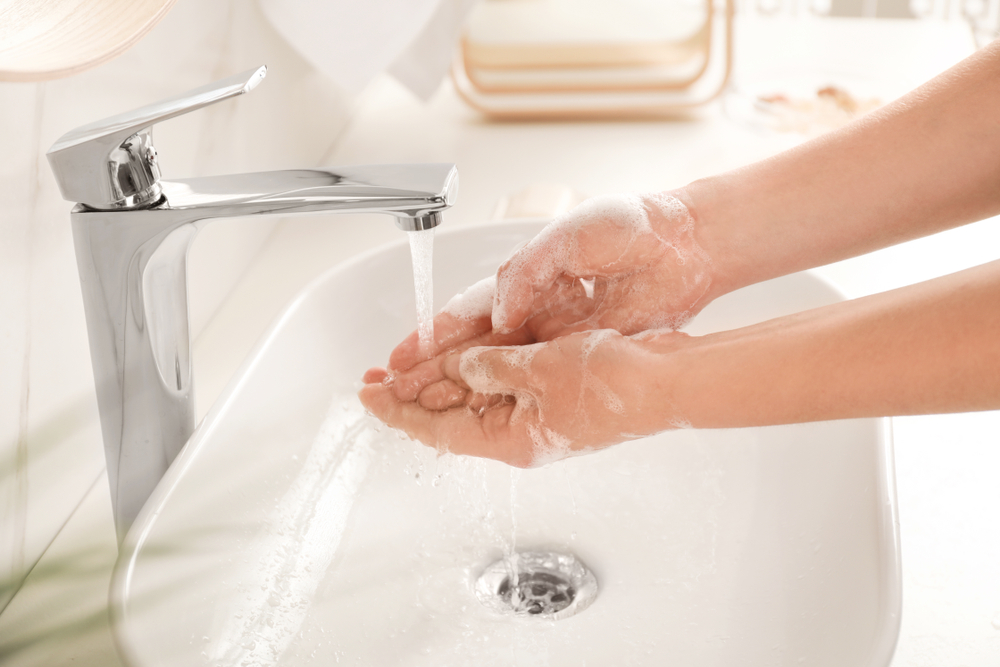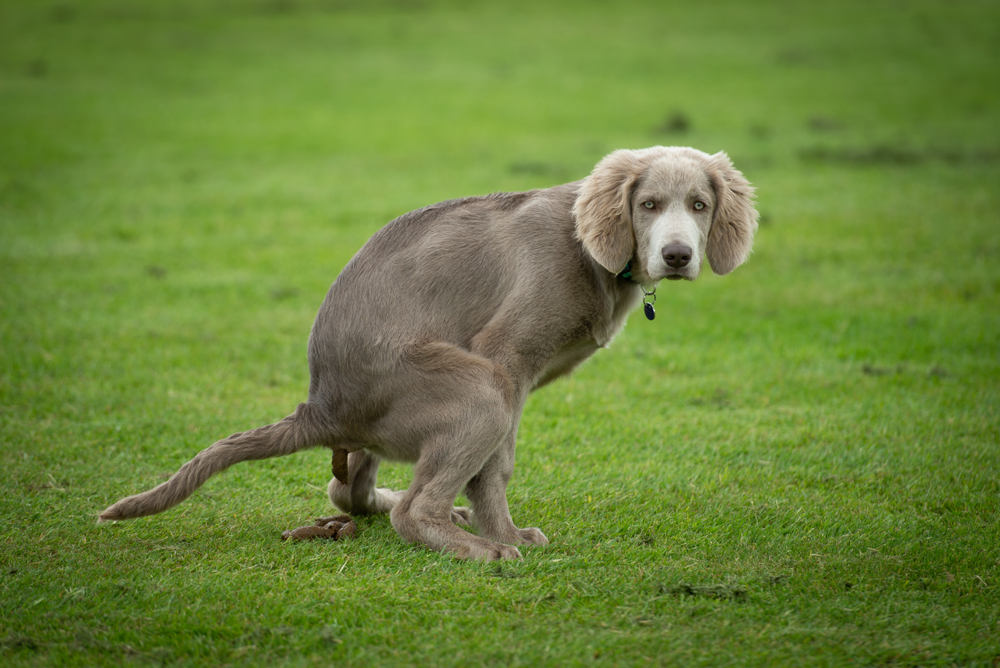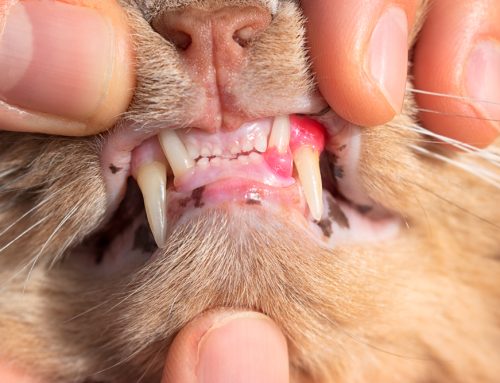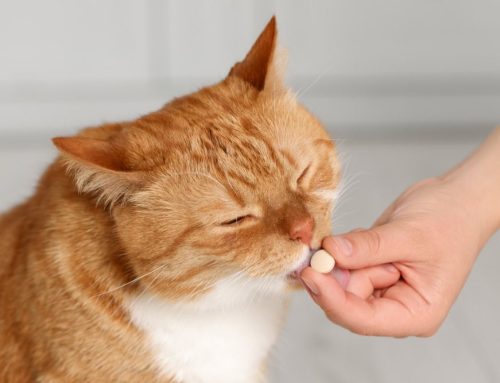Giardia is an often misunderstood intestinal parasite that can infect dogs, cats, livestock, and a wide variety of wildlife—and certain strains can infect people. Learn how to best protect your four-legged friend from this intestinal parasite as we uncover the truth about Giardia in dogs.
Myth: I can see Giardia parasites in my dog’s stool
Truth: While some adult parasites, like roundworms and tapeworms, may be visible in your dog’s stool, tiny Giardia is impossible to detect without a microscope. Both Giardia forms—the infectious cyst stage and the parasitic trophozoite form—can be identified only through special testing.
Myth: Giardia always causes diarrhea
Truth: Giardia is notorious for causing particularly foul-smelling diarrhea, but not every infected dog has that issue. In fact, most dogs will show no signs at all, while some dogs have only intermittent diarrhea. Typically, an infected dog’s feces are pale, greasy, and soft. Mucus may be present, but rarely blood. Other clinical signs can include:
- Abdominal discomfort
- Excessive gas
- Lethargy
- Decreased appetite
- Weight loss
Signs can wax and wane, so you may think that your dog has cleared a Giardia infection, but the parasite may still be lingering.
Myth: My dog can get Giardia only from an infected dog
Truth: Your dog can get Giardia through direct contact with an infected dog, when they play together, groom each other, or greet each other by sniffing their hind ends. Giardia cysts are infectious immediately after they are passed, so your dog can pick up this parasite incredibly easily.
In addition to direct contract, your dog can pick up Giardia from:
- Contaminated soil where infected animals have defecated
- Contaminated water, particularly puddles and ponds
- Contaminated bowls, bedding, toys, and supplies
A dog who has Giardia can also self-reinfect by ingesting infectious cysts. For example, if your dog walks through a pile of infectious feces, and then licks their paws clean, they can become reinfected. Excellent hygiene and prompt feces disposal is critical for halting the Giardia infection cycle.
Myth: Giardia is easy to diagnose
Truth: Giardia is tricky to accurately diagnose, as the parasite is not always actively shedding in the feces. If Giardia cysts or trophozoites can’t be identified under the microscope, but the stool looks suspiciously like giardiasis, another sample should be examined.
A Giardia-specific test that detects antigens from the parasite can also be performed. This test is not affected by intermittent shedding, so is more accurate for detecting an infection.
Myth: Dogs with Giardia need to be treated
Truth: The treatment goal is to resolve your dog’s diarrhea, so if your pet is not showing any signs, treatment may not be necessary.
Myth: Giardia is simple to treat
Truth: Despite being an intestinal parasite, Giardia does not always respond well to deworming treatment. Oftentimes, multiple deworming rounds are necessary, as well as an antibiotic, anti-diarrheal medication, a prescription bland diet, and probiotics.
Environmental management and good hygiene are also critical for giardiasis treatment. Bathe your dog regularly during treatment, and one final time on the last day of treatment, to remove any infectious cysts from their fur. Pick up your dog’s feces as soon as they defecate, and avoid that area of the yard to avoid reinfection once your dog’s treatment. Giardia cysts can be killed only via direct sunlight outside, so limit your dog’s bathroom area to a small location to keep the parasite contained. Wash your dog’s bedding, and steam clean carpeting and furniture to kill Giardia cysts and prevent reinfection from occurring through indirect contact.
Myth: Regular parasite prevention keeps my dog from getting Giardia
Truth: Giardia is a single-celled protozoal organism that is not affected by the traditional deworming medications found in parasite preventives and is therefore a unique parasite. Your dog’s heartworm prevention medication can also help prevent and treat roundworm, hookworm, tapeworm, or whipworm infections, but does not defend against Giardia. Instead, you must rely on regular physical exams and fecal analyses to catch giardiasis in your dog.
Myth: I can get Giardia from my dog

Truth: Giardia has many strains that affect different species. Typically, the strains that infect your dog or cat will not cross over to you, and vice versa. But, you should still wash your hands and practice good hygiene when caring for your pet with giardiasis.
They may be tiny, but intestinal parasites can cause serious illness in your four-legged friend. Protect your pet and yourself from parasites, and Giardia in particular, by scheduling regular preventive care with our Aberdeen Veterinary Clinic team.







Leave A Comment